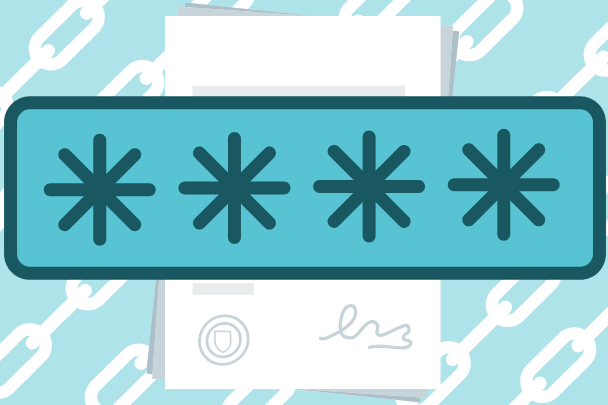Posted by: Nancy Carter, Vice President, Legal and Corporate Governance, CANARIE
Confidentiality is an important and pervasive compliance requirement in CANARIE’s agreement with the federal government. In fact, the federal government considered the duty of confidentiality so crucial for CANARIE, that our confidentiality policy was instantiated in our bylaws.
Some of the information that we share with committee members and/or Directors of the Board is, by its very nature, confidential. We strive to ensure that confidentiality is maintained, where required, to protect the owners of that confidential information, as a key element of good governance, and ultimately to preclude lobbying of the CANARIE Board, our funder Innovation, Science and Economic Development Canada (ISED), etc.
The CANARIE Confidentiality Agreement is not intended to hamper community discussions or to limit activities that committee members or Directors would otherwise engage in, in the course of their employment or other endeavours.
The CANARIE Confidentiality Agreement vs. Non-Disclosure Agreements
A Confidentiality Agreement is not the same as a Non-Disclosure Agreement or an NDA. An NDA is meant to protect sensitive, proprietary, and confidential information from being made available by the recipient of that information. Private sector companies use these documents to ensure that their good ideas aren’t stolen by people they are negotiating with. The CANARIE Confidentiality Agreement, on the other hand, is meant to protect confidential information in funding proposals until they have been adjudicated.
Confidential Information
It is the responsibility of committee members and Directors to know what information is confidential and to obtain clarification when in doubt.
- Committee members and Directors must, both while having and after ceasing to have that status, treat as confidential all information regarding the policies, internal operations, systems, business, or affairs of CANARIE obtained by reason of their status as a committee member or Director and not generally available to the public – except if they are compelled by applicable legal process.
- Committee members and Directors shall not use information obtained because of their involvement on the committee or Board for their personal benefit.
- Committee members and Directors shall avoid activities which may create appearances that they have benefited from confidential information received while serving on the committee or Board.
The types of information that CANARIE deems confidential include, but are not limited to:
- Documents marked confidential (e.g., proposals for funding);
- Financial details (e.g., dollar amounts being reviewed or recommended for funding approval); and/or
- Specifics of proposals being reviewed or recommended for funding approval.
We rely on and are grateful for the participation of community members on our committees and Board of Directors. We hope this discussion of the CANARIE Confidentiality Agreement contributes to the confidence of our committee members and Directors in executing their responsibilities.


